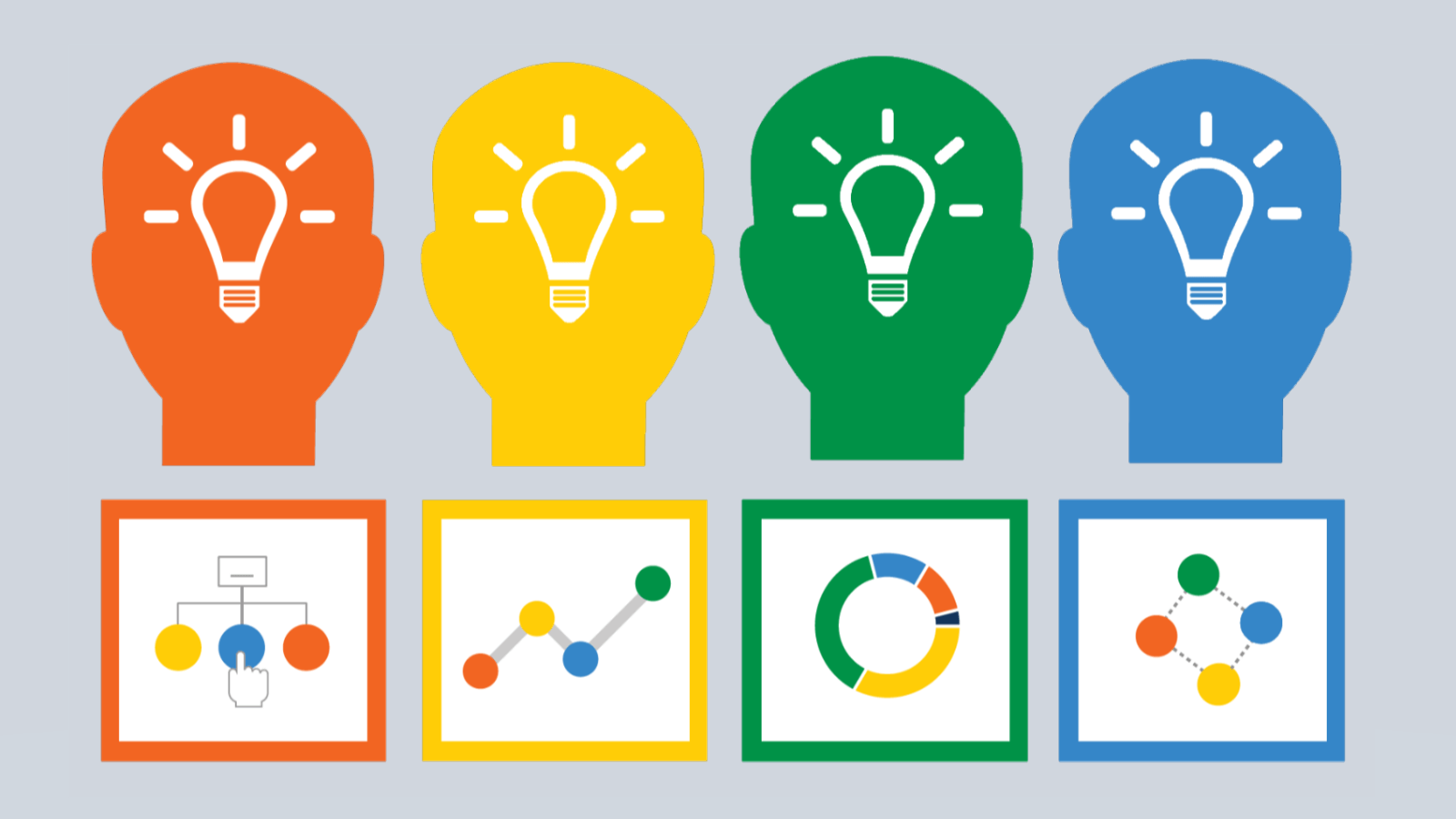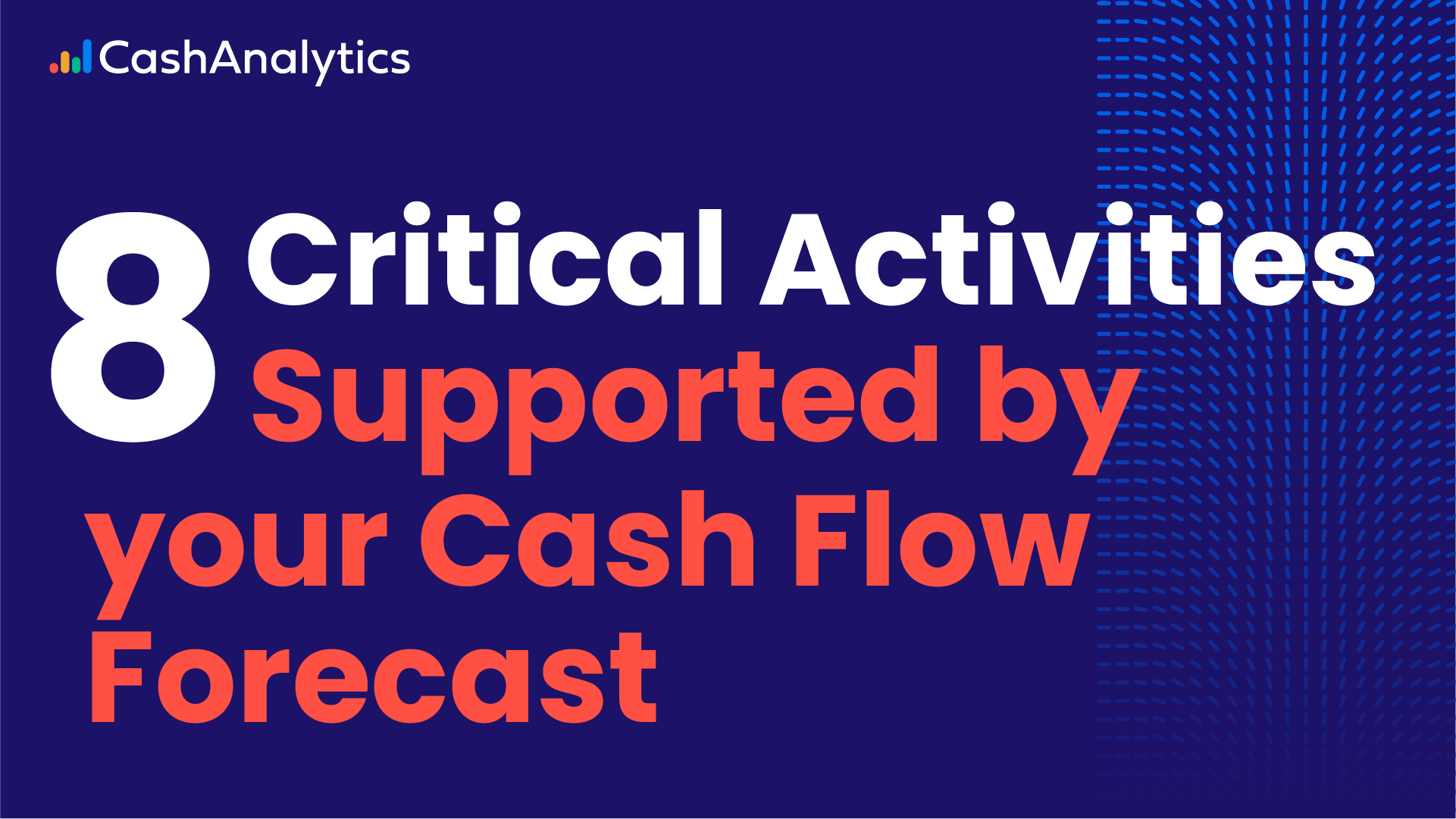
Cash flow forecasting plays a crucial role in supporting a company’s stability by ensuring the company has enough cash available to cover outgoing payments. The forecast can also underpin a range of key financial decisions, from mergers and acquisitions to investment planning. As such, it’s important to get it right. So, increasingly, attention is being paid to the skills that make an effective forecaster.
In practice, cash forecasting can take up the lion’s share of attention within the treasury or finance team. Indeed, 64% of respondents to AFP’s 2017 Strategic Role of Treasury Survey cited cash management and forecasting as a key area of focus over the next three years.
In order to build a successful forecast – in other words, one that is timely, accurate and adds value to the organisation – treasurers and finance professionals need to have the right skillset. But forecasting isn’t a single skill, so much as a constellation of different skills. Naturally, it’s important to have top-notch technical expertise and the ability to model data effectively. But it’s also about having commercial acumen and being able to communicate effectively with others across the organisation.
Four key skills for effective forecasting
While forecasting skills include many different components, the following four attributes are among the most important:
Business understanding
Treasurers and finance professionals are increasingly conscious of the need for greater commercial acumen. Armed with a clear understanding of the business climate, they understand that they can play an active role in helping their companies increase market share and improve the company’s performance.
Cash flow forecasting is no exception. Different companies will approach forecasting differently, based on their business needs – so it’s essential for forecasters to understand why forecasting matters to the organisation, and which business goals they are looking to achieve. For example, the company’s overriding goal might be to support short-term liquidity planning, or to minimise the need for external funding. Other goals may include supporting mergers and acquisitions or providing more visibility over covenant levels at key reporting dates.
Whatever the objectives, the forecaster needs to have a clear understanding of the bigger picture so they can choose the most appropriate forecasting approach. This means understanding the company’s strategic goals; its sales model and the nature of its customer base, and its strengths and weaknesses compared to its competitors.
Technical knowledge
A cash forecast will typically be based on inputs from a variety of different sources. These can broadly be divided into the information provided by subsidiaries, and information that is sourced directly from a variety of systems, such as the company’s Enterprise Resource Planning (ERP) system, Treasury Management System, bank portals and electronic bank statements.
Where the latter is concerned, an effective forecaster will need to have robust technical knowledge in order to obtain the required data from the relevant systems. Sourcing the right information from the right places is only part of the challenge – forecasters also need to be able to collate the data effectively. Whether the company is using a dedicated cash forecasting solution or a spreadsheet-based system to aggregate data, it is important to have the necessary interfaces and processes in place to bring all of the information together.
Data management skills
Data is at the heart of the cash forecast, so data management skills are also essential. For one thing, it is essential to base the forecast on high quality data – so it may be necessary to carry out data cleansing to remove any defects.
Large data sets are also likely to come with anomalies – acquisitions, for example, may bring one-off cash flow spikes which will not need to be included in the data set for forecasting purposes. The treatment of other anomalies, such as prepayments for raw materials, will be less clear-cut. An effective forecaster will need to know which anomalies should be removed, and which should remain.
As well as gathering the required data, the forecaster will need robust data modelling skills in order to model future events and scenarios. This might involve taking advantage of applications that can model future activity by extrapolating based on previous information.
Likewise, the forecaster will need analytical skills in order to manage and query complex data sets and extract actionable insights. The more automated the cash forecasting process, the greater the opportunity to analyse data and add more strategic value.
Communication
Last but not least, good communication skills are a key component of the forecaster’s skillset. The forecaster will need to communicate effectively with a range of stakeholders throughout the process, from sourcing information from business units to explaining the results of the forecast to the relevant people.
- Communicating with business units.While some of the input for the forecast will be gathered directly from sources such as bank statements or the TMS, other information may need to be provided by people based in different business units around the world. Securing their buy-in is essential to the success of the forecast – so the relevant people will need to understand why the forecast is important, what the forecast is being used for, and what their role is in the process. They will also need to have a clear understanding of the level of detail they are expected to provide, and the deadlines for when data is due.
- Securing executive sponsorship.Effective communication can play an important role in securing executive sponsorship when rolling out a new forecasting process – and this, in turn, can build a culture in which the value of cash forecasting is widely understood across the business.
- Communicating the output.The forecaster will also need strong “soft” skills in order to communicate the output of the forecast to the right people on a timely basis. This means having a clear understanding of the forecast’s intended audience – whether that’s the Board of Directors, shareholders or the CEO – and tailoring the output accordingly.
A winning combination: skills and tools
As outlined above, treasurers and finance managers need to develop a wide range of skills in order to tackle this challenging activity successfully, from technical abilities to a comprehensive understanding of the business environment.
Without a good process, cash flow forecasting can be a repetitive and time-consuming activity, even for the most skilled forecaster. But having access to sophisticated tools can address these issues. Specialist forecasting software can support the finance team by automating the data collection process, freeing up more time for the forecaster to analyse the output and draw out valuable insights.
The ideal scenario is therefore a finance or treasury team which commands the skills needed to source the forecasting data and communicate the results effectively, supported by a sophisticated forecasting software solution. With a combination of the right skills and the right system, the forecaster will be well placed to maximise the strategic value of the forecast.



